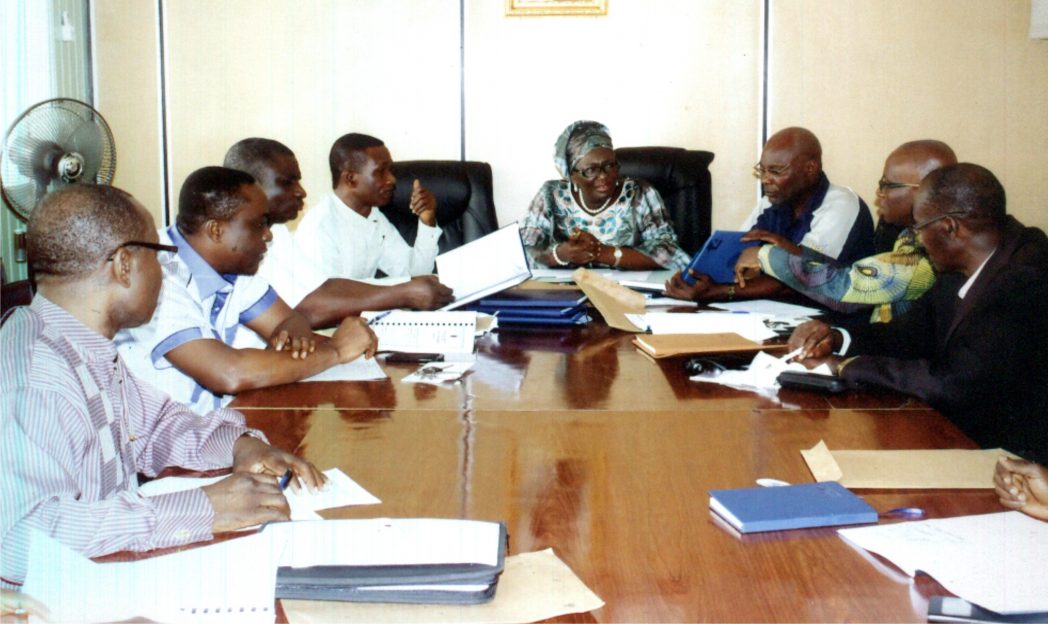Business
Stakeholders Want Two-Year Extention Of RUFIN
Some Stakeholders in the Micro Finance Sub-sector have called for the extension and duration of Rural Finance Institution Building (RUFIN) programme by two years.
They made the call in separate interviews with The Tide source on the sidelines of the 9th supervision mission of the programme holding in Lagos.
They said the extension would enable the rural poor to benefit more from it.
RUFIN is being implemented in 12 states across the six geo-political zones of the country, with two states from each zone.
The states include: Lagos, Anambra, Edo, Bauchi, Zamfara, Oyo, Akwa Ibom, Adamawa and Katsina.
The programme enjoys financial assistance from the International Fund for Agricultural Development (IFAD), a UN agency.
It is being implemented over a seven-year period and specifically targets marginalised groups such as women, young people and those with physical disabilities.
The objective of the programme is to strengthen micro finance institutions and establish linkages between them and formal financial institutions.
It lays the foundation for the long-term development of a sustainable rural financial system that would eventually operate throughout the country.
By reaching out to the rural poor, the programme ensures that they gain access to financial services and can invest in improving productivity in agriculture and small businesses.
Mr Godbless Afor, the Executive Secretary of the Association of Non-Bank Micro Finance Institutions of Nigeria (AMFIN), said RUFIN had provided training and capacity building programmes, logistics and technical support to the association.
He said though RUFIN programme would be completed in 2016, there was need to extend it to consolidate structures it had put in place.
“RUFIN has done so well, but I think it is not time for RUFIN to go; if the impact is to be fully felt, two years should be added to the project duration.
“They will be able to handhold AMFIN and take it to a level that it would deliver improved quality to the Micro Finance sector,” Afor said.
Also speaking, Mr Matthew Olayinka, Coordinator, Marketing and Credit department, Bowen Micro Finance Bank (MFB), Ikorodu, said they were working with seven groups mentored by RUFIN.
He said RUFIN was doing a great job. “I don’t want RUFIN to go because of the mutual benefit of the work they are doing.”
EOO/AMY
Business
Fidelity Bank To Empower Women With Sustainable Entrepreneurship Skills, HAP2.0
Business
President Tinubu Approves Extension Ban On Raw Shea Nut Export
Business
Crisis Response: EU-project Delivers New Vet. Clinic To Katsina Govt.
-

 Education4 days ago
Education4 days agoElga boss tasks law students on academics strides
-

 News1 day ago
News1 day agoAmend Constitution To Accommodate State Police, Tinubu Tells Senators
-

 Politics1 day ago
Politics1 day agoSenate Urges Tinubu To Sack CAC Boss
-
Business1 day ago
President Tinubu Extends Raw Shea Nuts Export Ban To 2027
-

 News1 day ago
News1 day agoDisu Takes Over As New IGP …Declares Total War On Corruption, Impunity
-
Business1 day ago
Crisis Response: EU-project Delivers New Vet. Clinic To Katsina Govt.
-

 Business1 day ago
Business1 day agoPENGASSAN Rejects Presidential EO On Oil, Gas Revenue Remittance … Seeks PIA Review
-
Business1 day ago
FG Pushes Cassava Bioethanol Drive To Boost Industrial Growth


